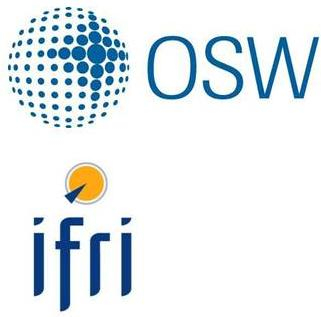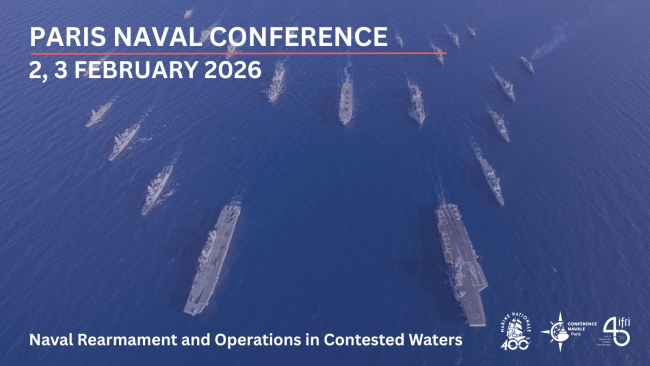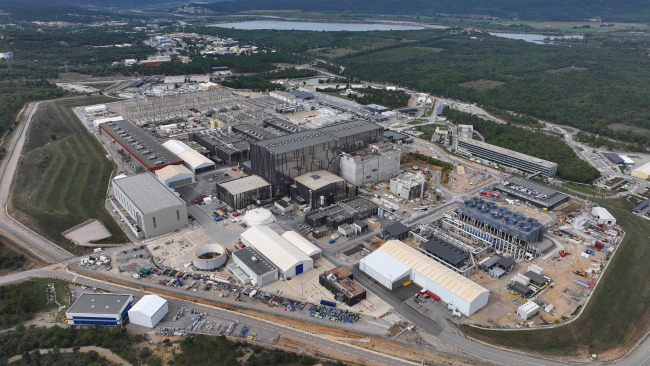What kind of future for the European neighbourhood policy (ENP)? The view from the EU and the neighbouring countries

Practical information
The ENP review launched in July 2010 is almost complete. This work was accomplished in a very difficult time, with the launch of the EEAS and the crises in the neighbourhood (the revolution in Tunisia, Egypt and the civil war in Libya, the clampdowns in Belarus) to which the EU is not always prepared to respond in an appropriate way.
Undoubtedly, the above processes and events trigger extensive reflections over the ENP: What has been achieved under this policy so far? What are the chances for the implementation of its main goals in the future? What should the EU"s relations with its neighbours be like over the next 10-15 years?
What role could the EEAS play in the neighbourhood policy? With this conference, we will try to answer these questions both from the perspective of the EU and of the partner states.
Sessions :
- I. Stabilisation or Democratisation - What are the EU's interests in the Neighbourhood?
- II. Migration: challenge and opportunities - How to build a smart migration framework?
- III. Reaching beyond cooperation: Is there a chance for economic integration?
- IV. What kind of future for the ENP?
In partnership with :
Other events

Paris Naval Conference 2026: Naval Rearmament and Operations in Contested Waters
This fourth edition of the Paris Naval Conference (CNP), bringing together high-level military, industrial, and academic speakers, will address the challenges associated with general naval rearmament and naval operations in increasingly contested environments.

Is Fusion Coming Faster and Cheaper than Expected?
ITER was for long time the embodiment of fusion as an international, long standing R&D cooperation objective to seek a new way to produce safe, low carbon and abundant low carbon electricity. Yet over past years, fusion start ups, several governments and investors have decided to push fusion R&D and deployment to complement ITER. Major efforts are ongoing notably in the United States, China, Germany, Italy.

EV Supply Chains for Japan and Europe: Strengthening Economic Security
Economic security aims to ensure the resilience of supply chains for key industries: the case of electric vehicle production in Japan and Europe will be discussed.







